Natural and Cultural Heritage.
Asian mega-deltas and the people living on them are at the forefront of global climate change.
We urgently need to seek new ways of raising delta resilience, learning from locally led coping and adaptive capacities, and in doing this maximise the voices of delta dwellers in debates concerning their futures. Natural cultural heritage is the glue that binds communities to their landscapes; Living Deltas aims to learn lessons from the past and to draw on indigenous knowledge bases to co-produce locally relevant policies for sustainable delta management. As such, natural cultural heritage lies at the heart of everything we do as a research Hub.
Equitable partnerships.
Our research has its foundation in fully equitable partnerships. We define these as working relationships and collaborations where there is mutual benefit and equal value placed on each partners contribution at all stages of the research process. In turn this depends on mutual participation, mutual trust, and mutual respect. These equitable partnerships are key in both our internal Hub working relationships and externally where we work with all sectors and levels of delta society and governance.
Locally-led knowledge.
To achieve sustainable delta futures and tackle the issue of social ecological system degradation we draw on local knowledge to co-create the cultural-heritage based understanding essential to strengthen delta peoples’ ability to adapt to the huge threats posed by global climate change. We work with local communities to understand their challenges and priorities, and to ‘learn from the past’ to build aspirations for the future. Drawing on local knowledge and delta natural cultural heritage is crucial for developing adaptation and mitigation measures that are meaningful for communities they will most directly benefit.
Co-Production.
Co-production and participatory research are key pillars of our work. We put ‘empowerment into practice’ by working with communities on an equitable basis. We provide communities a voice in the research process and opportunities on all sides to learn from and reflect upon the process. We seek to minimise hidden power dynamics. We recognise that reliance on text can exacerbate the exclusion felt by communities in the research process and seek other ways for reach and inclusivity: story-telling, performance, art, and photography. Our materials are available in local languages and jargon-free. We believe co-produced outcomes translate into more locally-relevant, meaningful and sustainable policy initiatives with a greater sense of ownership by communities.



